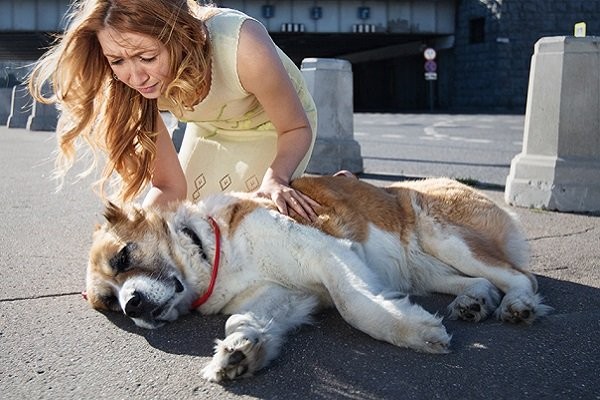At the Humane Society of Tampa Bay we LOVE rabbits! During Easter season we see an uptick of rabbits being adopted and bought as pets, then returned or brought to our shelter shortly after. We want to ensure that you are familiar with the special care a rabbit requires before considering making a rabbit a part of your family. We ask that you please read this educational blog post before considering a rabbit as a pet.
General Care
– Rabbits are social animals that do best with attention and social interactions. Try to talk calmly and stroke them daily.
– Some rabbits can be very affectionate and will nuzzle and lick owners while others are more laid-back and shy.
– Never approach a rabbit directly in front. They have laterally placed eyes and cannot see directly in front of themselves.
– Before picking up a rabbit, pat gently between the eyes until he relaxes.
– Never attempt to pick up a struggling rabbit, they can break their own backs attempting to get away. Always support their back legs when you pick them up and carry them around.
– Rabbits love to move and manipulate objects. This provides exercise and simulations. Brown cardboard boxes are great for chewing. Plain non-toxic wood or hard plastic baby toys are also good.
– Rabbits are prey species. They strive on predictable and stable environment.
Housing
– Keep rabbits indoor only to avoid predators, fleas, and ticks. However, in Florida you can keep your rabbits outside (as long as the area is covered) so that they can get plenty of exercise.
– Try to avoid wire flooring this can cause hock problems.
– If flooring is wire, then cover with sections of newspaper (will be messy if bunny digs) or plain cardboard.
– If using a dog cage, make sure the wire spacing is small enough so the bunny’s head or limbs do not get stuck.
– Keep rabbits out of extreme heat.
– Avoid keeping rabbits in the same room as barking dogs and avoid keeping them in full view of cats.
– Place litter box in corner of cage the rabbit has chosen for urination. Line with newspaper and fill with grass hay and dump daily.
– Avoid pine and cedar chips as bedding or litter material.
– Small boxes for bunny to hide in are useful in wire cages to help them feel safe. May increase territorial behaviors (mainly in unspayed females).
Food
– Most important food for a rabbit is hay.
– Rabbits should eat dark-leafy greens daily if possible (all leaf lettuces, dandelion greens, kale, collards, turnip greens).
– Avoid cabbage, broccoli, cauliflower, brussel sprouts, spinach, bread and other high carbohydrate foods.
– Pellets should be plain.
– Good treats in small amounts are slice of apple or banana, sunflower seeds, 2 inch piece of carrot, parsley, cilantro and basil.
Bunny Proofing Your Home
– Cover wires with hard plastic sleeves or flex tubing.
– Use large flex tubing on wooden table or chair legs.
– Cover baseboards with plastic guards or furring strips. Clear packaging tape could also work.
– Most houseplants are toxic to bunnies including poinsettia, holly, tomato leaves, tulips
– Complete list: http://www.allearssac.org/pdf/poison.pdf




